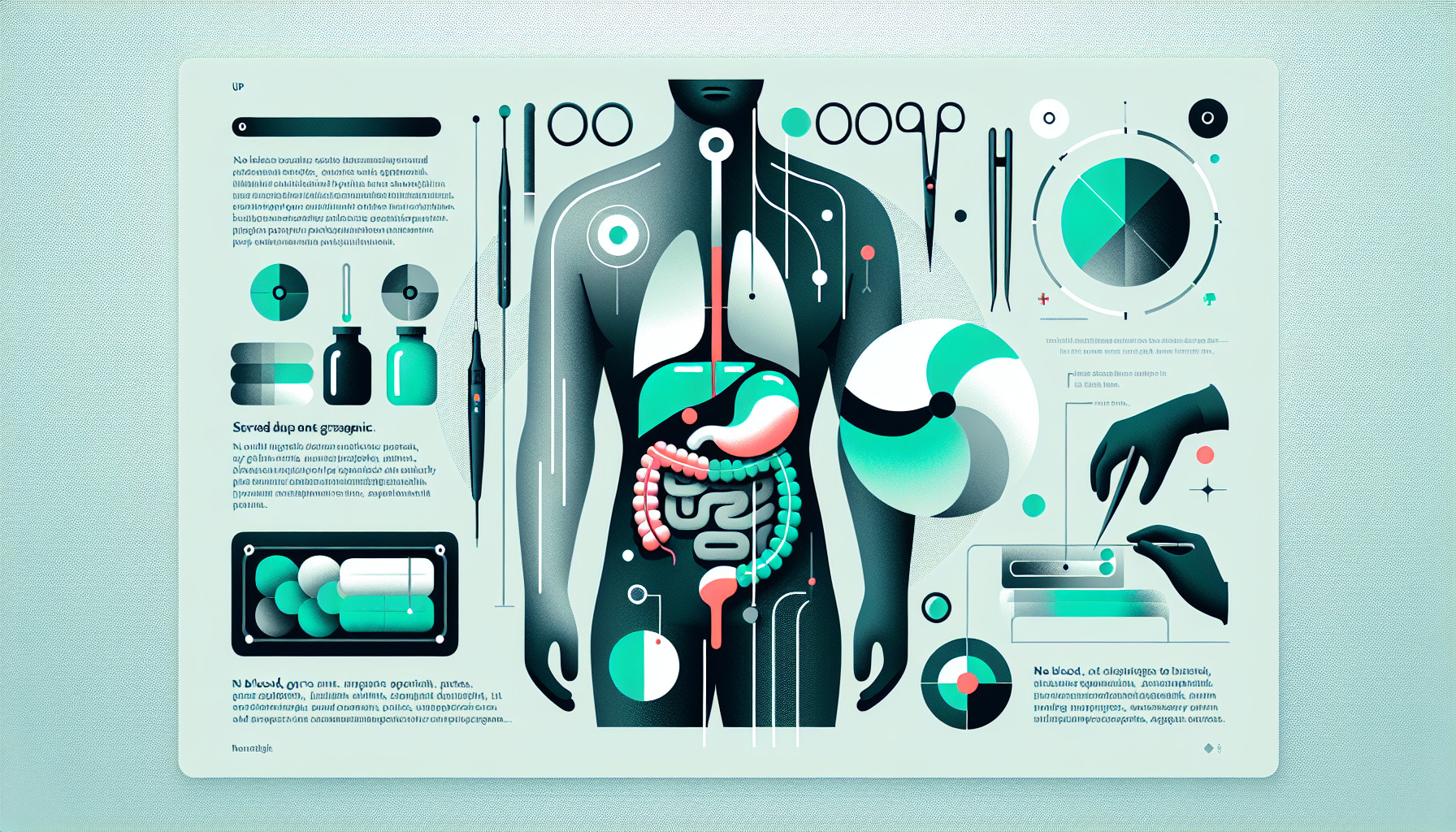Our Summary
This research paper looks at the best time to repair a bile duct injury, which is a common side effect of gallbladder surgery. A study in France found that when the repair was done immediately, there was a 39% rate of complications and 64% failure rate. But when the repair was done later, the complication rate dropped to 14% and the failure rate to just 8%. A review in Denmark found a 4% death rate, 36% rate of other health problems, and 30% of patients needed further surgery. Only 46% of patients had no issues in the short or long term. As most patients with this injury have a bile leak and severe infection, the study recommends not doing an early repair. Instead, draining the bile and using a tube to keep the bile duct open are the best treatment options. The bile duct should be repaired by a specialist surgeon 4-6 weeks later, once the bile duct has healed.
FAQs
- What is the best time to repair a bile duct injury according to the research?
- What are the complication and failure rates of immediate and delayed bile duct repair?
- What treatment options are recommended for patients with a bile duct injury and severe infection?
Doctor’s Tip
One helpful tip a doctor might tell a patient about bile duct surgery is to follow post-operative care instructions carefully to ensure proper healing and reduce the risk of complications. This may include taking prescribed medications, avoiding strenuous activities, and attending follow-up appointments as scheduled. It is important to communicate any concerns or changes in symptoms to your healthcare provider promptly. Additionally, maintaining a healthy diet and lifestyle can support recovery and overall well-being.
Suitable For
Patients who are typically recommended bile duct surgery include those who have suffered a bile duct injury as a complication of gallbladder surgery. These patients may present with symptoms such as bile leaks, severe infections, and other health problems. It is important for these patients to undergo surgery in a timely manner to prevent further complications and improve outcomes.
Additionally, patients who have other conditions affecting the bile duct, such as bile duct stones or strictures, may also be recommended for bile duct surgery. These conditions can cause blockages and lead to complications such as jaundice, infection, and liver damage. Surgery may be necessary to remove the blockage and restore proper bile flow.
Overall, patients who are experiencing symptoms related to bile duct issues, such as jaundice, abdominal pain, fever, and weight loss, may be recommended for bile duct surgery to address the underlying problem and improve their overall health and quality of life. It is important for patients to consult with a specialist surgeon to determine the best course of treatment for their specific condition.
Timeline
Before bile duct surgery:
- Patient undergoes gallbladder surgery, which can lead to a bile duct injury as a potential complication.
- Patient may experience symptoms such as abdominal pain, jaundice, fever, and nausea due to the bile leak and infection.
- Patient may undergo imaging tests such as MRI, CT scan, or ultrasound to diagnose the bile duct injury.
- Patient may be treated with antibiotics and drainage of the bile to stabilize their condition before surgery.
After bile duct surgery:
- Patient undergoes a procedure to repair the bile duct injury 4-6 weeks after the initial injury.
- Specialist surgeon performs the repair, which may involve reconstructing the bile duct or using a stent to keep it open.
- Patient may need to stay in the hospital for a few days after surgery for monitoring and recovery.
- Patient may experience some pain, discomfort, and fatigue in the days following surgery.
- Patient will be advised to follow a specific diet and lifestyle changes to support their recovery.
- Patient will have follow-up appointments with their healthcare provider to monitor their progress and address any concerns or complications.
What to Ask Your Doctor
Some questions a patient should ask their doctor about bile duct surgery include:
- What are the potential risks and complications of bile duct surgery?
- What is the success rate of the surgery in terms of preventing future complications?
- How long is the recovery time after bile duct surgery?
- Will I need any additional procedures or treatments after the surgery?
- What is the experience of the surgeon who will be performing the bile duct surgery?
- Are there any alternative treatment options to consider?
- How will the surgery impact my overall health and quality of life?
- What can I expect in terms of pain management and post-operative care?
- Will I need to make any lifestyle changes or follow a special diet after the surgery?
- How often will I need to follow up with my doctor after the surgery for monitoring and evaluation of the bile duct repair?
Reference
Authors: Kapoor VK. Journal: Front Med. 2015 Dec;9(4):508-11. doi: 10.1007/s11684-015-0418-7. PMID: 26482065
